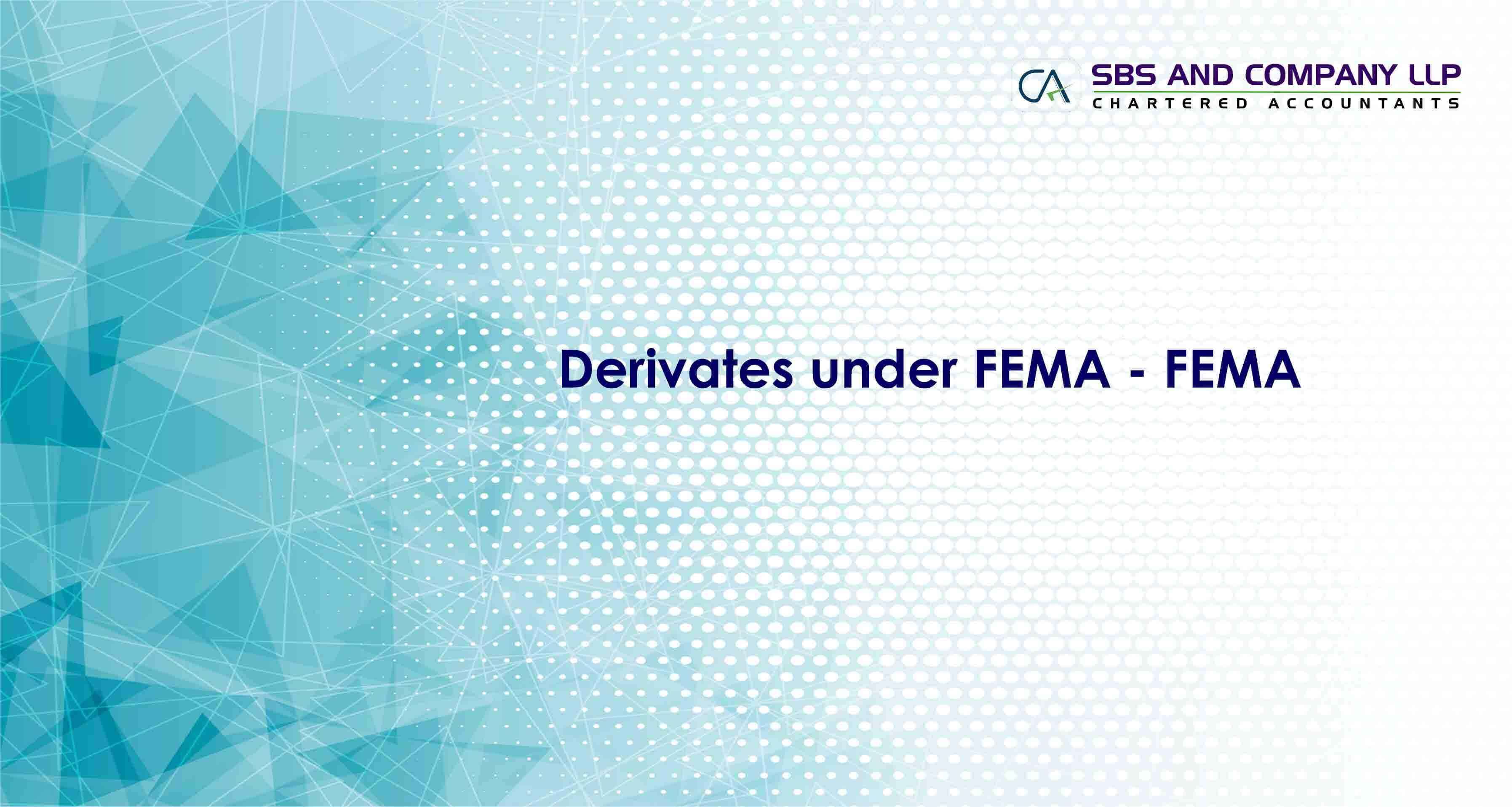What is a Derivative?
A Derivative is a (financial) security or instrument, the value of which depends on underlying asset or group of assets or a benchmark. It is a contract between two or more parties, and its price is determined by fluctuations in the underlying asset. Examples of underlying assets in case of derivatives are shares /stocks, bonds, indexes, currencies, interest rates and commodities.
Derivatives are most commonly used to hedge the risk of abnormal fluctuations, be it price of share or interest rate or exchange rates of currencies. At the same time, derivatives are also used as a speculation tool where the speculators engage in trading them with an objective to gain (arbitrage) from such abnormal fluctuations. Most commonly used derivative contracts as Forward Contracts, Exchange Traded Futures and Options (in stocks and currencies), Interest Rate Swaps, Currency Swaps, etc.








